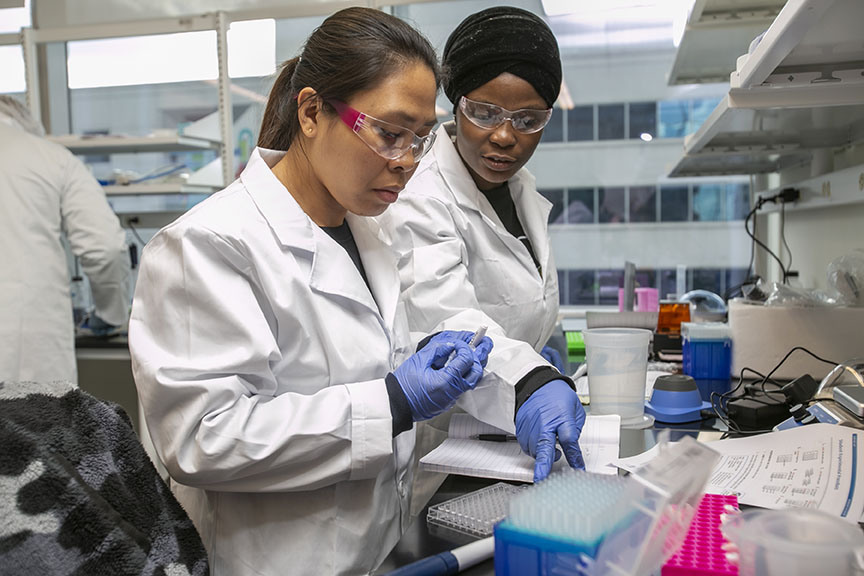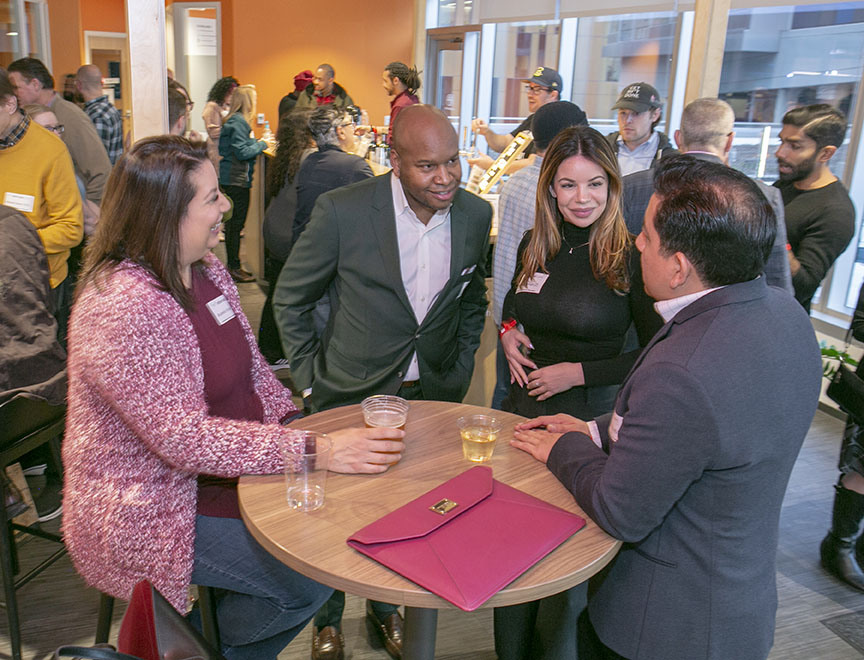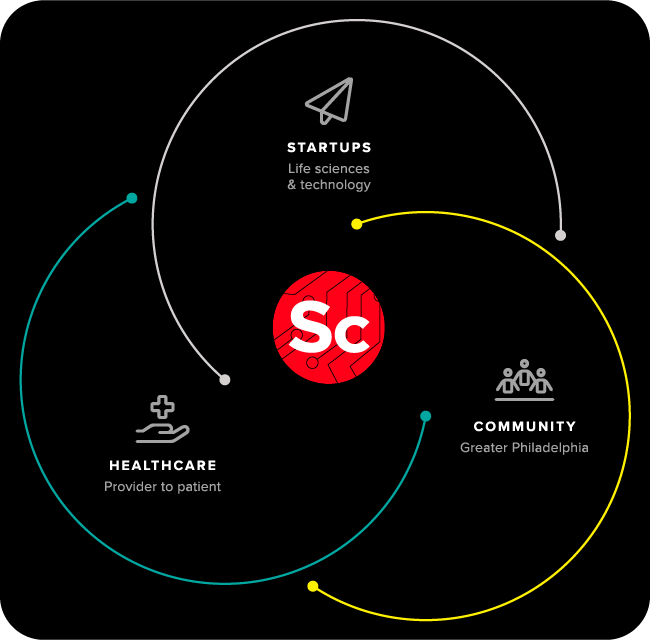Startup failure rate
One constant throughout the last 6 decades is that startups fail at a high rate. According to Startup Genome, the startup failure rate is 90%.
Healthcare isn’t designed for everyone
Founders, and by extension the customer discovery process, have blind spots that perpetuate health inequities. Further, Black and Brown individuals are underrepresented in clinical trials. In fact, just 5% of individuals enrolled in clinical trials are Black according to the Association of American Medical Colleges.
A lack of diversity in STEM
STEM professionals are disproportionately white - just 7% of STEM degree earners are Black according to the Pew Research Center. For healthcare to be designed for everyone, we need more diversity in the STEM fields.
Only some benefit from the innovation economy
Philadelphia has the highest poverty rate of any big city and the opportunities that our robust life sciences industry create aren’t distributed equally.

But it’s not all doom and gloom
Philadelphia has assets, too.
A robust startup ecosystem
For the last several years, Startup Genome has recognized Philadelphia as a top 30 global startup ecosystem and we’re #8 for life sciences. Philadelphia has been designated as an EDA Tech Hub for Precision Medicine and the Science Center is serving as a spoke to the ARPA-H Customer Experience and Investor Catalyst hubs.
Top healthcare and research institutions
Philadelphia boasts an incredible concentration of world-class healthcare and research institutions. It’s no coincidence that one out of every six doctors are trained in Philadelphia.
A diverse population
Philadelphia is made up of a diverse community of people passionate about elevating the city and region to its full potential.

Our Theory of Change
The Theory of Change methodology is used by organizations to explain their vision for social change. In developing the Science Center’s Theory of Change, we identified our long-term goals, mapped out the internal and external conditions for meeting those goals, then determined what we can do to effect change.
The Science Center operates at the intersection of health and science, startups, and community. We’re harnessing the potential of these regional assets to address our region’s current ecosystem gaps and drive inclusive growth.
To address inequity and improve healthcare outcomes, we must connect resources to underutilized communities, introduce communities to the startup ecosystem, and enable the ecosystem to thrive at full potential.

By working across these ecosystems, we aim to:
- affect better outcomes for our startups and communities,
- mitigate health disparities,
- and increase diversity in STEM.
Our work today is a result of what’s come before us. Developing a strategic plan and acknowledging our 60th anniversary gave us an opportunity to examine our past and think about how we can build a better future.
Startups are and always have been the root of progress. We believe startups change lives in any number of ways – and more citizens of Philadelphia stand to benefit.



